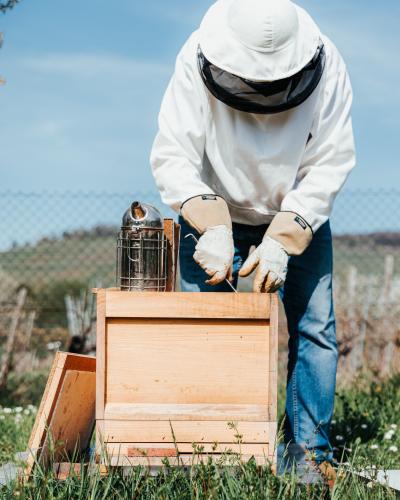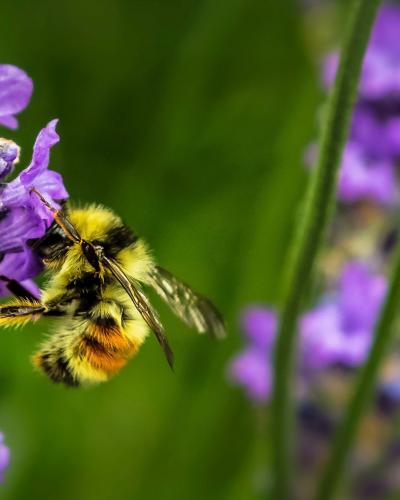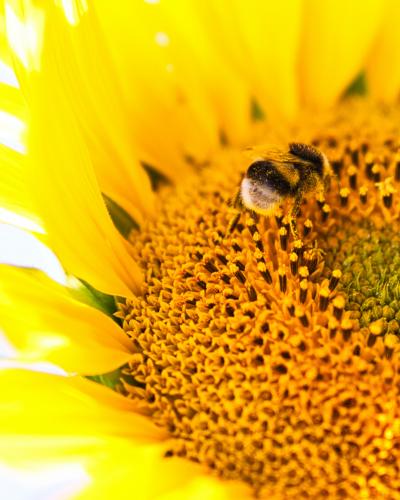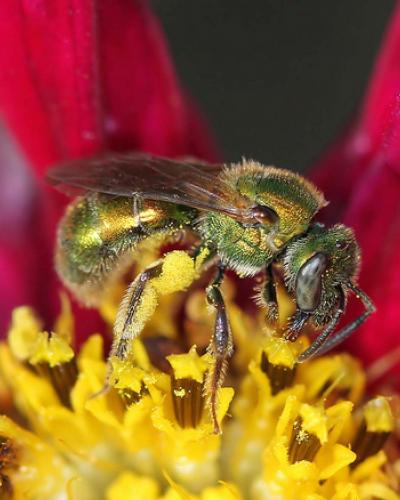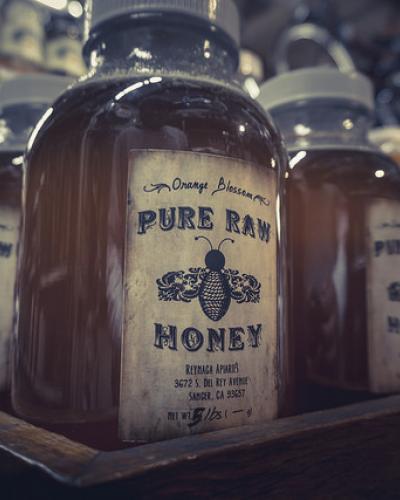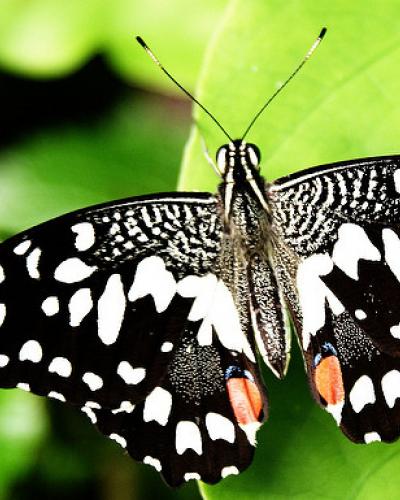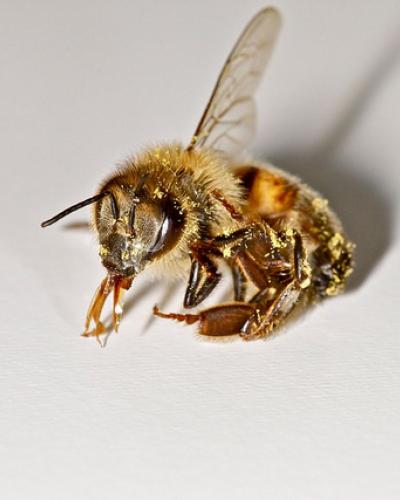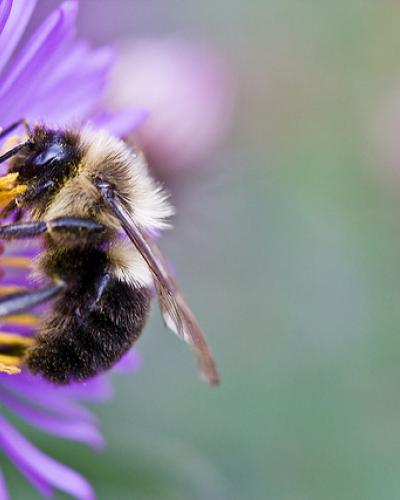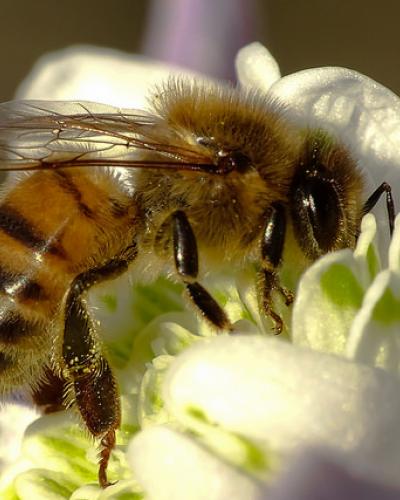Its agrarian landscape dotted with smaller farms that carry the potential for organic farming, experienced beekeepers in Serbia can more easily make the leap into organic honey...
Dec 13, 2021
A recent study published in the journal Insect Conservation and Diversity found that non-crop flowering fields are helpful in attracting bumblebees to cropland, but organically managed crops rich...
Dec 02, 2019
Photo Credit: Jean Wimmerlin
Neonicotinoids are neurotoxic pesticides commonly used in conventional agriculture since the early 1990s. They are now known to contribute to...
Dec 04, 2018
Just as organic is good for the birds, so is it for the bees! This is true for honeybees, but also for wild bee communities and the flowers that they rely on. Researchers looked into how farming...
Mar 22, 2018
Photo credit: John Flannery
A recent study published in Agriculture, Ecosystems & Environment investigated the effects of organic vs. conventional farming in large- and...
Feb 15, 2018
Photo credit: Ben Phillips
Neonicotinoids are the most widely used class of insecticides in the world. They are systemic pesticides, which means that rather than simply...
Dec 13, 2017
Photo credit: Paul Horner
Research published in Global Change Biology found that organic farming benefits biodiversity. Looking at data from around the world, the research...
Jul 27, 2015
Photo credi: Julia Koefender
Numerous studies have documented the role of habitat loss due to agricultural intensification in driving wild bee population declines. However...
May 14, 2015
Photo credit: Benson Kua
A new study published in the scientific journal Nature suggests that bees may be addicted to neonicotinoid pollen. Researchers offered honey bees...
Mar 19, 2015
Photo credit: Daswebweib
A new study published by PLOS One shows that the neonicotinoid pesticide, imidacloprid, can have subtle negative effects on bee health. The study,...

